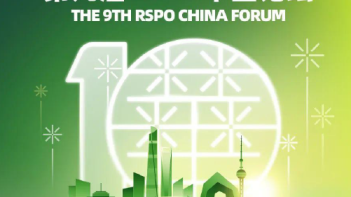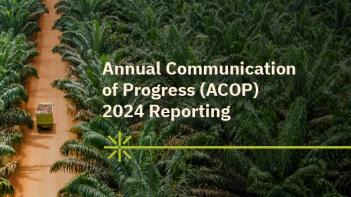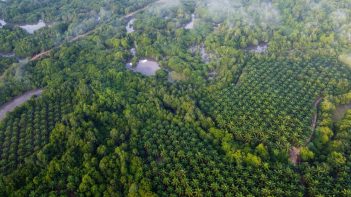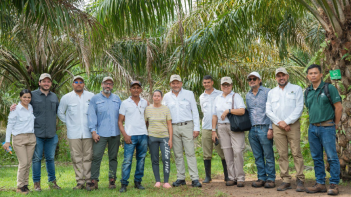RSPO has developed an updated draft Supply Chain Certification System document to reflect and align with the current developments on Book and Claim and revisions of different documents, following best practise as outlined by ISEAL Alliance. This document has undergone a consultation within the Trade and Traceability (T&T) Standing Committee. RSPO is now presenting this draft document for an additional extraordinary public consultation to seek further input.
The RSPO Supply Chain Certification System: Version 2, November 2016 sets out the requirements and procedures that shall be followed by the accreditation body (AB) and certification bodies (CBs) in the RSPO certification process for certifying members against the Supply Chain Certification Standard.
This extraordinary public consultation period will last 30 days, from the 22nd of March 2017 until including 20th of April 2017. Only comments submitted using the template below will be accepted.
Guidance on providing comments:
- RSPO Supply Chain Certification System: Version 2, November 2016 – Please refer to this document when providing comments.
- Template structure: For each section of the report, the comments’ template allows you to provide: (1) General comments – overall comments about the section in terms of structure, content, etc.; and (2) Specific comments – more detailed and technical comments related to specific sub-sections.
- Please follow the template structure when providing comments – as it is important to attribute the comments to specific sections and sub-sections.
Please send your comments’ template to the following address by end of day on : [email protected]
Keep reading

RSPO Forum for Members and Certification Bodies 2025: Strengthening Capacities and Building Bridges with RSPO Members

From Violence to Prosperity: Cultivating Sustainable Palm Oil in San Pablo, Colombia
Carry Over Credits for Certified Independent Smallholder Groups

From the Amazon to the Aisles: Discovering Sustainable Palm Oil in the Heart of Peru

Global Trends of Sustainable Palm Oil and China's Pathway

Final list of ACOP 2024 Non Submitters

New ISEAL Case Study Identifies Pathways to EUDR Compliance in Palm Oil Sector
Call for Expression of Interest: Nigeria National Interpretation Task Force for 2024 RSPO Principles and Criteria (RSPO P&C) and Independent Smallholder (ISH) Standard




